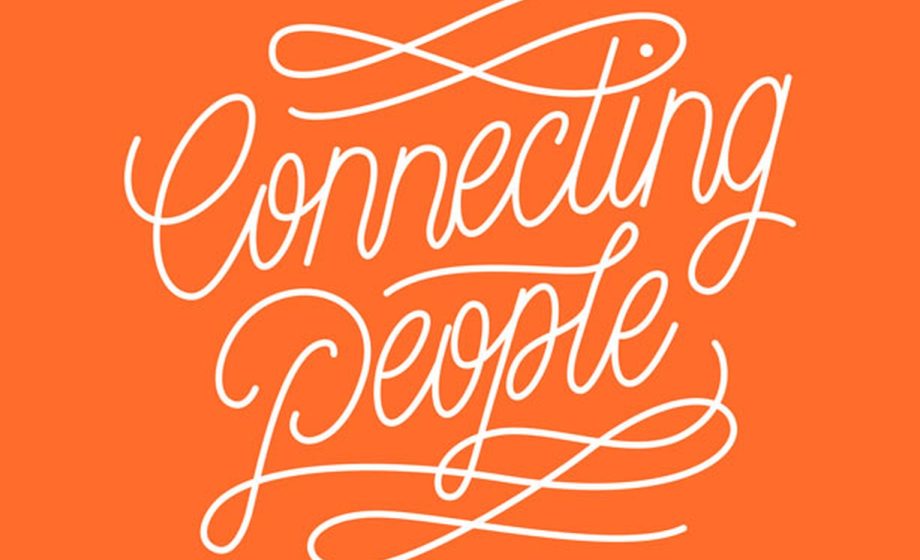Over the weekend I perused Etsy’s IPO filing document. Even though less ubiquitous in Europe, you’re undoubtedly familiar with Etsy:
What a compelling business that successfuly positioned itself at the heart of several converging trends: sharing economy, online marketplace growth, e-commerce growth, employment dispersement, individual creativity, etc. The IPO will represent another significant milestone for the company since its creation 10 years ago in Brooklyn, NY. The site has seen enormous growth — today it has nearly 20 million active buyers and 1.4 million active sellers, and it pulled in close to $200 million in revenue last year.
This is not a recommendation to buy or sell securities, rather it’s a look at how a strong and pervasive culture can play a transformative role in a company’s success. When it comes to company culture, Etsy seems to be doing it right.
First, Etsy defined a grand mission which is communicated clearly to all of its stakeholders: create a new economy, the “Etsy Economy,” where creative entrepreneurs find meaningful work and both global and local markets for their goods, and where thoughtful consumers discover and buy unique goods and build relationships with the people who sell them. Etsy strives to foster a world in which personal fulfillment is a key element of success, in a connected and joyful way of working.
The company then established a set of core values for how they conduct business. All employees sign up to these values when they join Etsy:
- We are a mindful, transparent, and humane business.

- We believe that business interests and social and environmental responsibility are interwoven and aligned, and that the power of business should be used to strengthen communities and empower people.
- We want to build a company that lasts, and we will strive to make decisions that are best for the long-term health of our ecosystem.
- We value craftsmanship in all we make.
- We believe fun should be part of everything we do.
- We have the courage and the will to do business in ways that are unconventional and impactful.
- We strive to stay genuine, maintaining integrity, humility and sincerity in everything we do.
Pretty powerful, isn’t it? I almost get goose bumps reading this.
The combination of these core values and the grand mission form the framework for Etsy’s company culture. Etsy views its community as the heart and soul of the company. Staying true to its values may involve making trade-offs, as Etsy explains in its prospectus. Etsy may prohibit the sale of items that it believes are inconsistent with the company’s values, even at the expense of short-term financial benefit. Etsy may also spend extra on “frills” like alternative forms of shipping, low-impact data centers to reduce their environmental footprint, and lunches on compostable plates.
Perhaps you subscribe to this culture; perhaps you don’t, but either way you cannot claim that it isn’t crystal clear and deeply pervasive. Furthermore, notice how this company culture dovetails nicely into Etsy’s position for success in its market, which is entirely linked to the success of its larger community.
Uber, by comparison, also espouses a salient, albeit very different company culture, which could be summarized along the lines of “never ask for permission” or “growth at any cost.” Love it or hate it (some characterize it as toxic), but Uber’s conspicuously aggressive company culture is similarly an enabler of success in Uber’s market, i.e. disrupting the transportation industry by waging war against established incumbent interests.
Everybody will be dancing if you’re doing it right
A strong company culture is rooted in clear values and aligns the organization toward a grand mission. Values form the foundation for a company culture. The grand mission gives meaning to the grind. Culture is not about mere cheerleading, pub crawls, once-annual staff lunches, and foosball tables. It permeates the organization and is lived daily by every employee.
In a strong company culture, employees remain loyal because they feel a part of something bigger. A company’s culture is owned by everyone in the organization, and is incrementally shaped by every new hire. Recruiting more high-caliber talent becomes easier; even better, high flyers that subscribe to your culture may seek you out. New recruits who were not part of the venture from day one know what the company stands for, and hence integrate more effectively into the organization. To paraphrase Peter Drucker, company culture reflects the “spirit of an organization.” Nurture the spirit.



